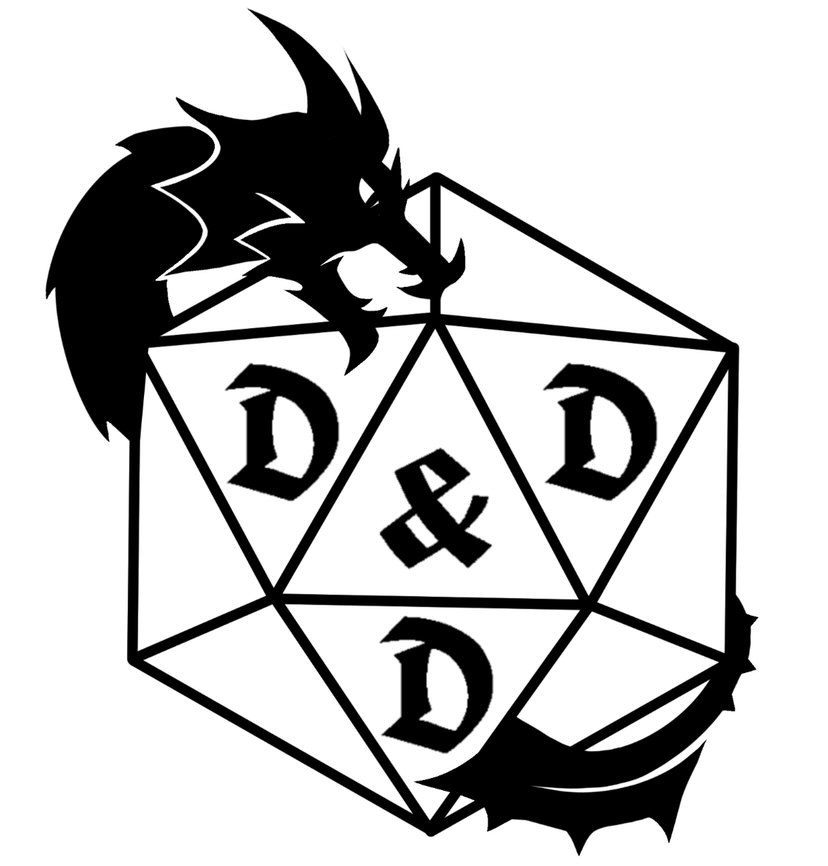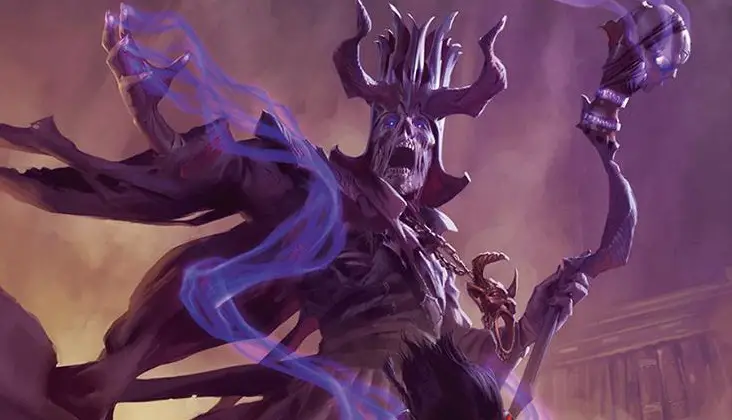If there’s one thing you should take away from reading the Dungeon Master’s Guide from front to back (as many an eager new would-be DM is wont to do), it’s actually a little piece of DM advice found on one of the very first pages.
And it’s not even an official rule.
- Check these out:
On the first page of the Dungeon Master’s Guide, written in small, slanted font, is this one-paragraph tidbit:
Disclaimer: Wizards of the Coast does not officially endorse the following tactics, which are guaranteed to maximize your enjoyment as a Dungeon Master. First, always keep a straight face and say OK no matter how ludicrous or doomed the players’ plan of action is. Second, no matter what happens, pretend that you intended all along for everything to unfold the way it did. Third, if you’re not sure what to do next, feign illness, end the session early, and plot your next move. When all else fails, roll a bunch of dice behind your screen, study them for a moment with a look of deep concern mixed with regret, let loose a heavy sign, and announce that Tiamat swoops from the sky and attacks.
Nearly 7 years later, and I still believe that it is the most crucial piece of advice that DMs can take away from the 300+ page book.
Here’s why:
D&D doesn’t need to be taken too seriously
I know that ideology may have made me some enemies in the past, but I stand by it. D&D is a game, first and foremost, and while it can be fun for some players and DMs to run their games in Gritty Realism Hardcore Mode, but I’m personally a firm believer that the Rule of Cool should trump even the strictest of situations.
And I like to think that the little disclaimer at the start of the DMG reinforces the fact that the creators of the game have a similar mentality.
It’s all improv, babyyyyy
I’ve always been an improv-heavy DM. Maybe it’s because my players are always going off in wild directions even with an incredibly clear plot thread laid out right before them, or maybe it’s because I’m lazy and don’t really get all that enjoyment out of DM prepwork.
Either way, the disclaimer makes it clear that DMing that way is more than alright — it’s often necessary, especially when you’ve got a group that likes to come up with such “ludicrous and doomed” plans of action.
Cliffhangers are key
We covered this in a previous article, so it was cathartic to see something similar being said right there in the DM’s guide; that it’s okay to end session early if the DM finds themselves in a tough spot. Your players will be way more excited about next session if you end this one a little early (and potentially on a cinematic cliffhanger) than if you tried to cobble together something half-assed just to fill time for the last hour of the planned session.
It’s okay to fudge some rolls behind the screen
Maaaaaybe don’t have it result in the Dragon Queen herself descending down on a (gods-forbid) 3rd level party or anything, but it’s clear that the creators of D&D were well-aware that sometimes the DM has to tip the scales, fudge some rolls, and pull something out of their ass to keep the game exciting and the pace moving.
- Check these out:

